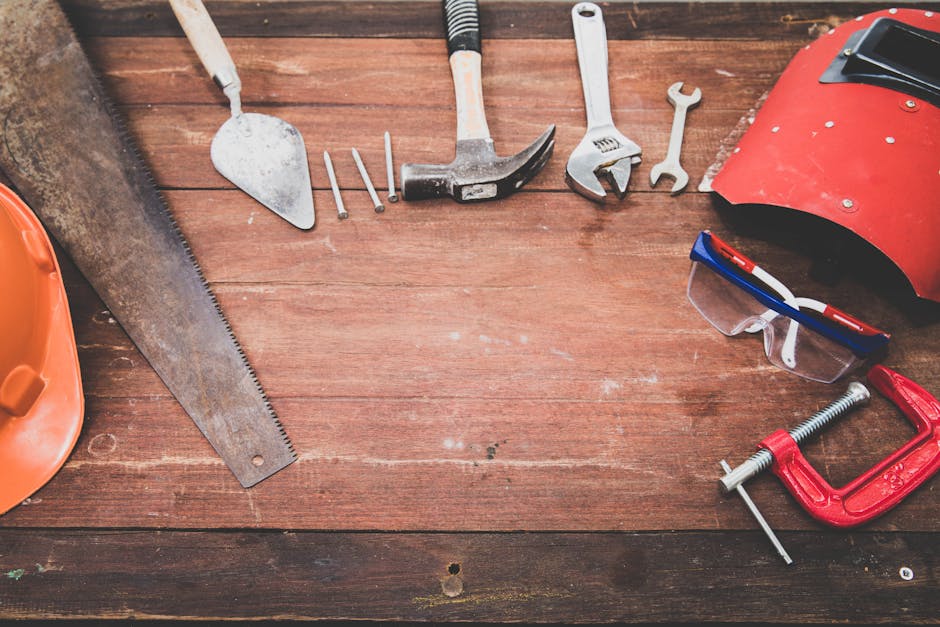Signs Your HVAC System Needs Immediate Attention

Your heating, ventilation and air conditioning (HVAC) system plays a role in maintaining a comfortable indoor environment. However like any other mechanical system it may encounter issues that demand prompt action. Neglecting these problems can result in energy costs reduced comfort levels and potential health hazards. It is crucial to be able to identify the warning signs indicating when your HVAC system needs repairs or maintenance to ensure its efficiency and longevity.
Unusual Sounds
One of the indicators that your HVAC system requires attention is the presence of unusual noises. These sounds can vary from bangs and clanks to high pitched squeals and hisses. Each type of noise often points towards an underlying issue;
- Banging or Clanking: These noises typically indicate a loose or damaged component like a connecting rod or crankshaft.
- Squealing: Often signifies issues with the blower motor or belt.
- Hissing: Usually signals a leak or elevated pressure within the compressor.
Neglecting these sounds can lead to severe damage and expensive repairs. It is recommended to seek assistance from a technician as soon as you detect any unusual sounds emanating, from your HVAC unit.
Inconsistent Temperature Levels
If you notice heating or cooling in your living space this could serve as another indication that your HVAC system needs immediate attention. Several reasons can lead to temperatures;
- Problems with the ductwork: such as leaks or blockages can cause air distribution to be uneven.
- If the thermostat malfunctions: it may not regulate the temperature properly.
- Having an HVAC unit that is either too large or too small for your home: can result in temperature distribution.
A professional inspection can identify the issue ensuring your home stays consistently comfortable.
Inadequate Airflow
Insufficient airflow is another indicator that your HVAC system requires immediate attention. Weak or reduced airflow could indicate problems, including;
- Dirty air filters: that block airflow forcing the system to work harder to maintain the desired temperature.
- Fan issues: that reduce airflow throughout your living space.
- Blockages in the ductwork: that obstruct air movement and decrease efficiency.
Addressing airflow promptly can prevent further system damage and enhance indoor air quality.
Rising Energy Costs
A sudden increase in energy bills often indicates a problem, with your HVAC system. Several factors can contribute to energy consumption;
| Issue | Description |
|---|---|
| Dirty Filters | Clogged filters force the system to work harder, consuming more energy. |
| Leaky Ducts | Air leaks in ducts cause the system to lose conditioned air, reducing efficiency. |
| Aging System | Older systems tend to be less efficient and consume more energy over time. |
Regular maintenance is key to preventing malfunctions and ensuring smooth operation.
2. How can I boost the efficiency of my HVAC system?
There are a steps you can take to improve your HVAC systems efficiency;
- Keep up with Filter Changes: Replace air filters every 1 3 months to maintain proper airflow.
- Seal any Leaks: Check for and seal any leaks in your ductwork to avoid air loss.
- Optimize Thermostat Settings: Use a thermostat to regulate temperatures effectively.
- Focus on Insulation: Make sure your home is well insulated to ease the strain on your HVAC system.
3. What advantages come with upgrading to a high efficiency HVAC system?
Switching to a high efficiency HVAC system brings benefits;
- Energy Savings: High efficiency systems use less energy leading to lower utility costs.
- Enhanced Comfort: These systems offer more consistent temperatures and improved humidity control.
- Environmental Benefits: Reduced energy consumption results in a carbon footprint.
- Incentives and Rebates: Many areas provide financial incentives for transitioning to energy efficient systems.
4. How do I determine if my HVAC system is appropriately sized for my home?
Having the sized HVAC system is crucial, in avoiding inefficiencies and discomfort.Here are some indicators that your system might not be the size;
- Short Cycling: If your system turns on and off frequently it could indicate that it's too large.
- Inconsistent Temperature Control: A unit that is too small may struggle to maintain the desired temperatures.
- High Energy Bills: Having either an oversized or undersized system can result in increased energy consumption.
To determine the size, for your home a skilled HVAC technician can conduct a load calculation.
5. What should I do if my HVAC system stops working?
If your HVAC system stops working are some steps to take before seeking professional help;
- Verify the Thermostat Settings: Make sure its properly set and has working batteries.
- Check Circuit Breakers: Ensure that the breakers associated with your HVAC system have not tripped.
- Inspect Air Filters: Clogged filters can lead to restricted airflow causing the system to shut down.
If these measures do not resolve the problem reach out to a technician for further assessment and repairs.